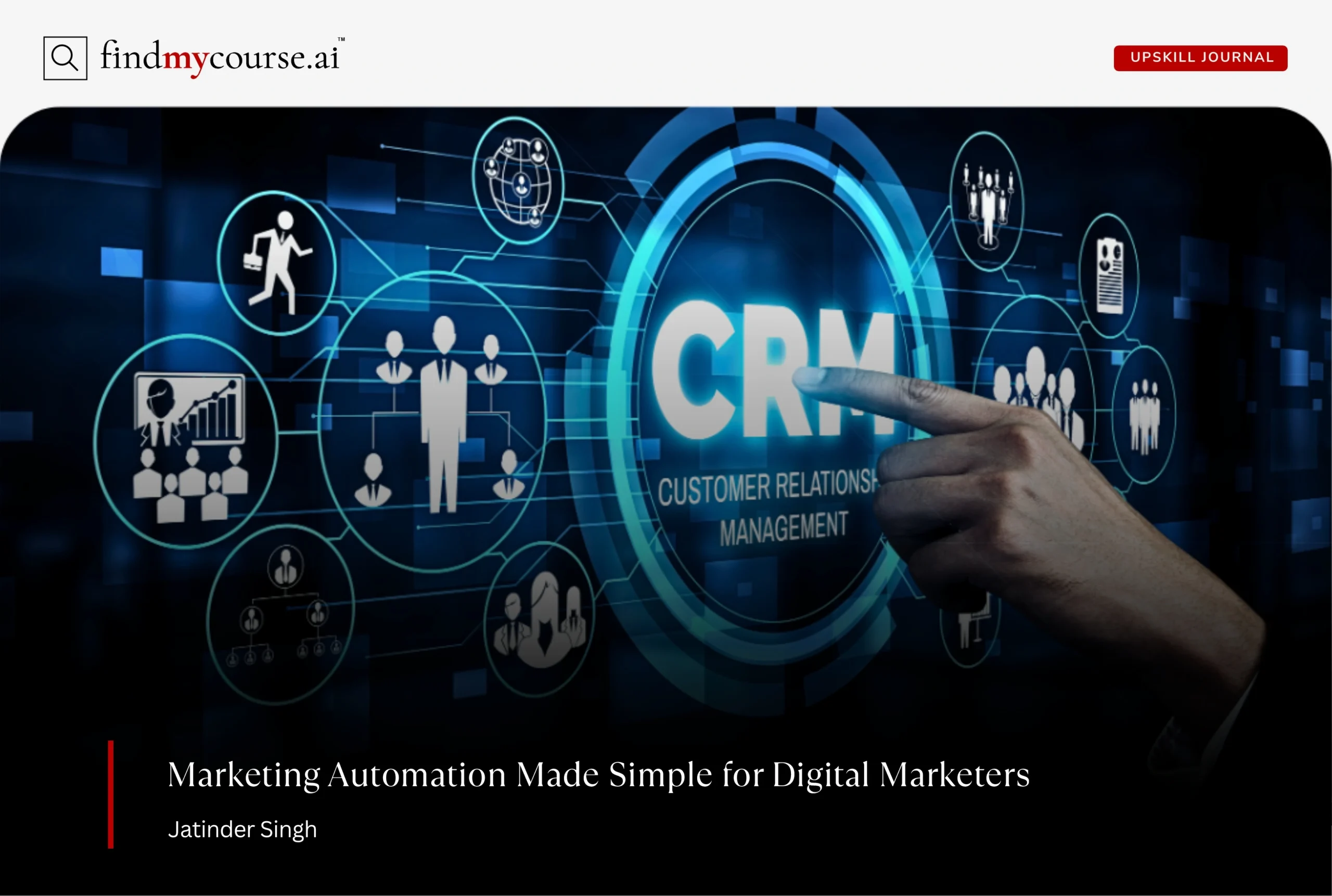Are you wondering how to become a software developer without a degree? You’re not alone. Indeed, n 2026, more aspiring developers are skipping traditional education in favor of online courses, coding bootcamps, and self-taught skills. With platforms like Coursera, Udemy, and edX offering affordable ways to study online, the pathway to a tech career has never been more accessible.
So, in this guide, you’ll learn exactly what software developers do, how to gain the right skills, and, the best steps to break into the industry—without a computer science degree.
What Does a Software Developer Do?
A software developer designs, codes, tests, and maintains software programs that run everything from mobile apps to enterprise systems and cloud-based platforms. Whether creating sleek user interfaces or optimizing back-end logic, developers bring digital ideas to life by transforming requirements into functioning applications. Moreover, many professionals choose to specialize in front-end (user experience), back-end (server logic and databases), or full-stack development, which covers both ends.
Typical responsibilities include:
- Writing and debugging code to build functional software
- Collaborating with designers, product managers, and other developers
- Testing applications to ensure usability, speed, and security
- Updating and maintaining existing codebases to meet evolving needs
- Using version control systems and development tools for efficient workflow
Key skills in the role:
- Problem-solving and logical thinking to tackle complex coding challenges
- Strong understanding of one or more programming languages
- Communication and teamwork for effective collaboration in agile environments
- Attention to detail and time management to deliver high-quality software on schedule
Common tools and technologies:
- Languages: JavaScript, Python, Java, C#
- Frameworks: React, Node.js, Django, .NET
- Tools: Git, Docker, Visual Studio Code, GitHub
Can You Become a Software Developer Without a Degree?
Absolutely. The job market has transformed, and so have modern hiring practices. In 2026, employers are increasingly prioritizing practical skills, hands-on experience, and robust portfolio projects over traditional college degrees.
According to a 2024 Stack Overflow Developer Survey, nearly 47% of developers are self-taught, and many companies like Google, Apple, and IBM no longer require a college degree for software roles.
Why the shift?
- Rapid tech evolution demands adaptable learners, not just degree holders.
- Online learning platforms offer faster, affordable, and job-ready training.
- Remote work culture values demonstrable skills, not academic credentials.
Moreover, the U.S. Bureau of Labor Statistics projects a 25% growth rate for software developer jobs from 2023 to 2033—much faster than average. So, that means demand is high, and opportunities are ripe for skilled self-learners.
Step-by-Step Guide to Becoming a Software Developer
Step 1 – Learn the Core Fundamentals
To begin your journey on how to become a software developer, start with the building blocks:
- Learn basic programming concepts: variables, loops, functions, and data structures.
- Choose a beginner-friendly language like Python or JavaScript.
Recommended courses:
- Python for Everybody – Coursera
- CS50’s Introduction to Computer Science
- JavaScript Essentials – Udemy
Step 2 – Develop Key Skills & Tools
Once you’ve mastered the basics, start applying what you’ve learned:
- Build small projects (to-do lists, calculators, portfolio sites).
- Learn version control with Git and GitHub.
- Explore front-end and back-end frameworks.
- Understand databases like MySQL or MongoDB.
Popular learning paths:
Step 3 – Build a Practical Portfolio
A degree can show you’re educated—but a portfolio shows you’re capable. Therefore, your portfolio should include:
- A mix of personal and collaborative projects
- Code samples with clean structure and documentation
- Live links and GitHub repositories
This portfolio is your ticket to stand out when applying for jobs, internships, or freelance gigs.
Step 4 – Network & Practice for Interviews
Networking remains crucial—even in a digital world. Thus, surround yourself with fellow developers and professionals:
- Join forums like Stack Overflow or freeCodeCamp
- Attend local or virtual tech meetups
- Contribute to open-source projects on GitHub
Interview prep tips:
- Study algorithms and data structures
- Practice coding problems on LeetCode or HackerRank
- Learn behavioral interview techniques and STAR-format answers
Step 5 – Keep Learning & Stay Updated
Technology changes rapidly, and lifelong learning is key. So, stay current by:
- Following tech blogs, newsletters, and YouTube channels
- Reading documentation and release notes
- Taking advanced or niche courses regularly
Recommended resources:
- IBM: Software Engineering Basics for Everyone – edX
- The Primeagen’s YouTube Channel
- Weekly Code Newsletter – freeCodeCamp
Career Paths for a Software Developer Without a Degree
Once you gain confidence, build a solid portfolio, and prove your skills through hands-on projects or freelance work, a wide range of career paths opens up—even without a formal degree. Whether you’re interested in web development, app creation, or emerging fields like AI or blockchain, there’s a place for you.
Several job titles become accessible as you grow in experience and specialization:
Entry-level roles:
- Junior Developer
- QA Tester
- Front-End Developer
Mid-level roles:
- Full Stack Developer
- Back-End Engineer
- DevOps Specialist
Advanced or niche roles:
- Mobile App Developer
- Game Developer
- AI/ML Engineer
Salary Ranges (Estimates, U.S.):
- Entry-level: $60,000 – $80,000/year
- Mid-level: $85,000 – $110,000/year
- Senior-level: $120,000 – $160,000/year
Work formats:
- Full-time employment (in-office or remote)
- Freelancing via platforms like Upwork or Toptal
- Contract roles with startups or agencies
Final Thoughts
In today’s tech-driven world, a degree is no longer the gatekeeper to a successful software development career. Instead, what truly sets you apart is your ability to think critically, solve problems creatively, write clean, efficient code, and build solutions that work in the real world.
If you’re passionate, persistent, and committed to continuous learning, the possibilities are limitless. Many of the industry’s most respected developers are self-taught—and there’s no reason you can’t be one of them. Your journey starts with a single step—and the determination to keep going.
Ready to Get Started?
There’s no better time than now to take control of your future and start building a career you’re proud of. Your journey on how to become a software developer starts today—without a degree, but with curiosity, consistency, and the right mindset. So, here’s how to begin::
- Explore beginner-friendly coding courses on Coursera, Udemy, and edX
- Join a community or forum like freeCodeCamp, Stack Overflow, or Reddit’s r/learnprogramming
- Subscribe to a weekly newsletter to stay updated with trends and tools
Turn this insight into progress—get a custom roadmap from our AI assistant.


